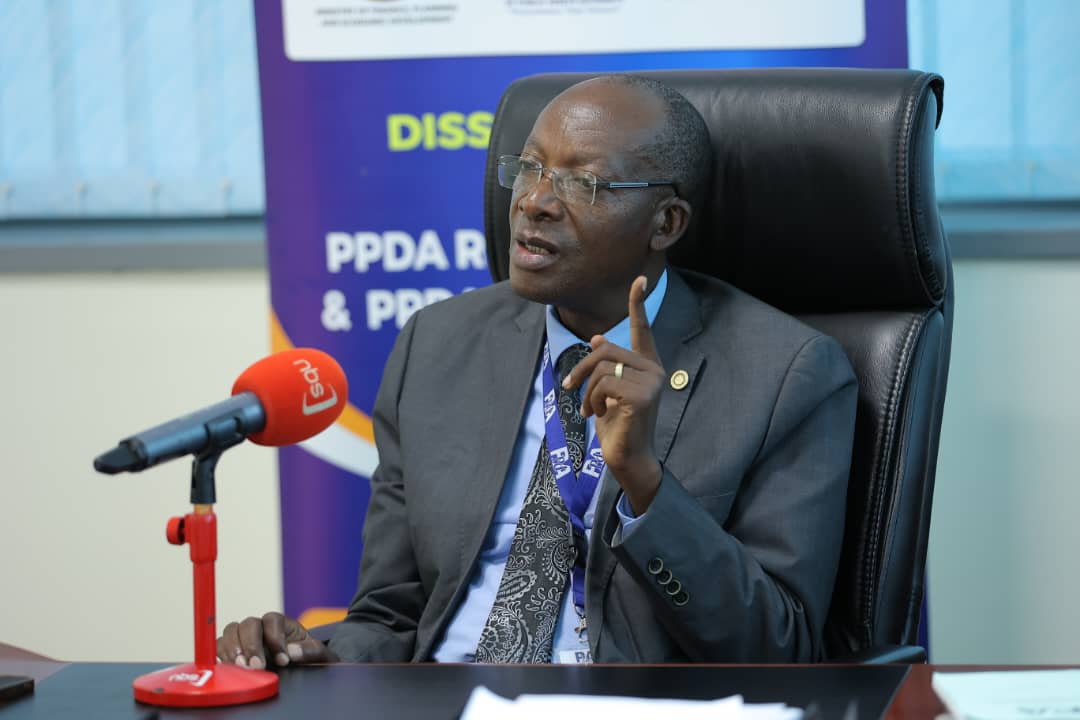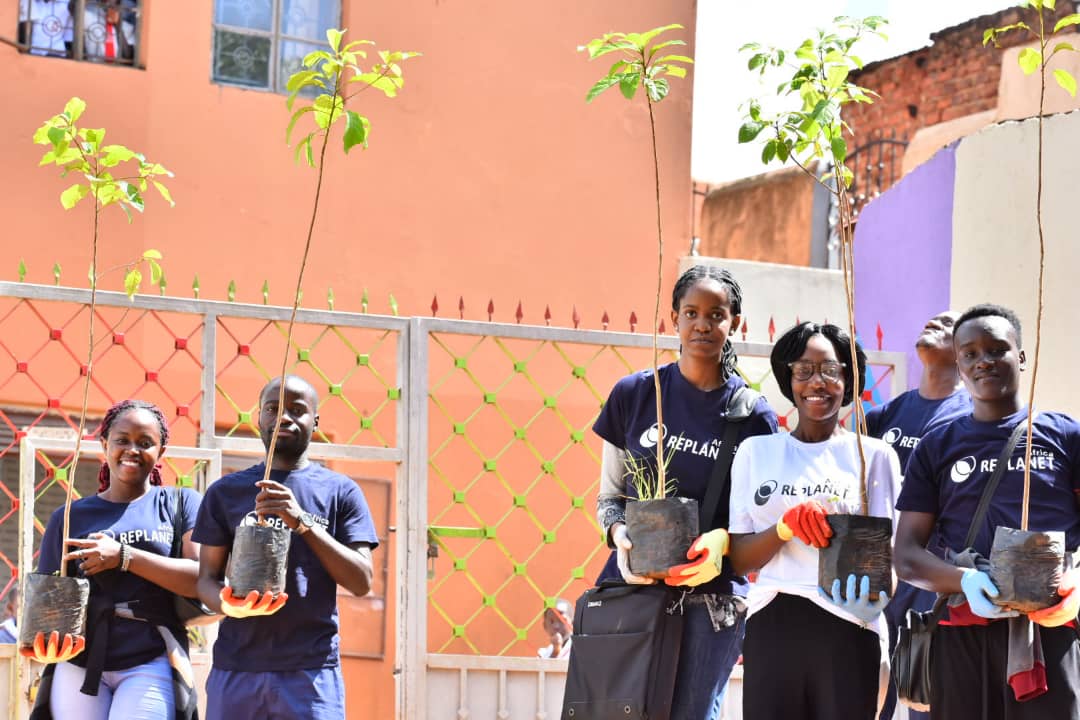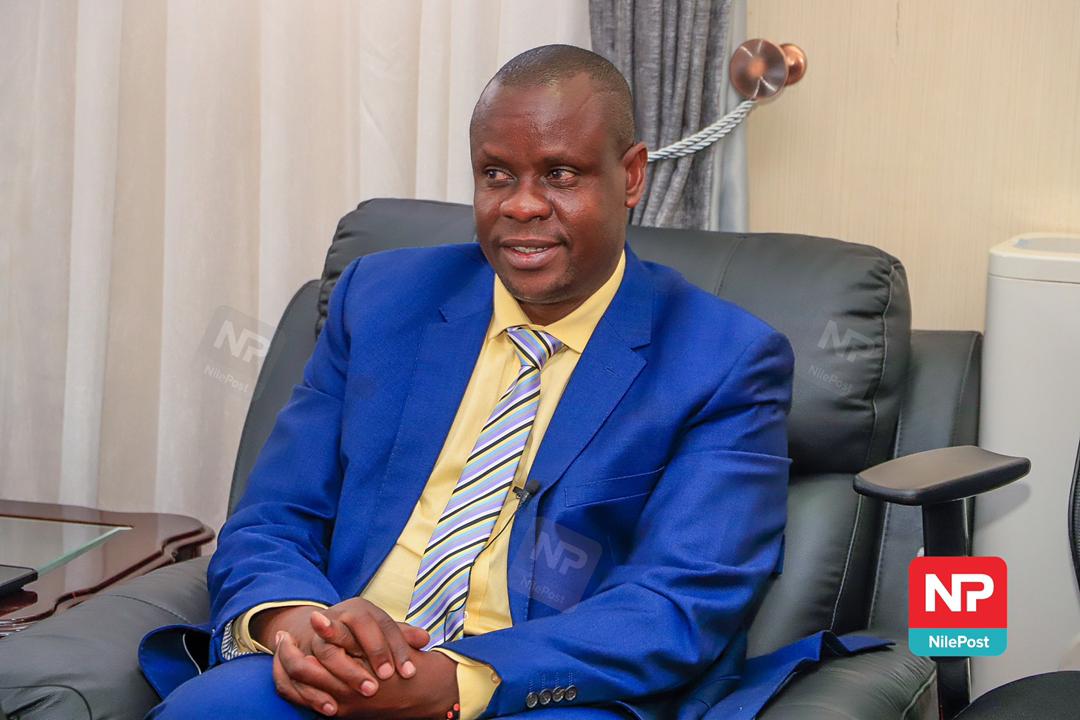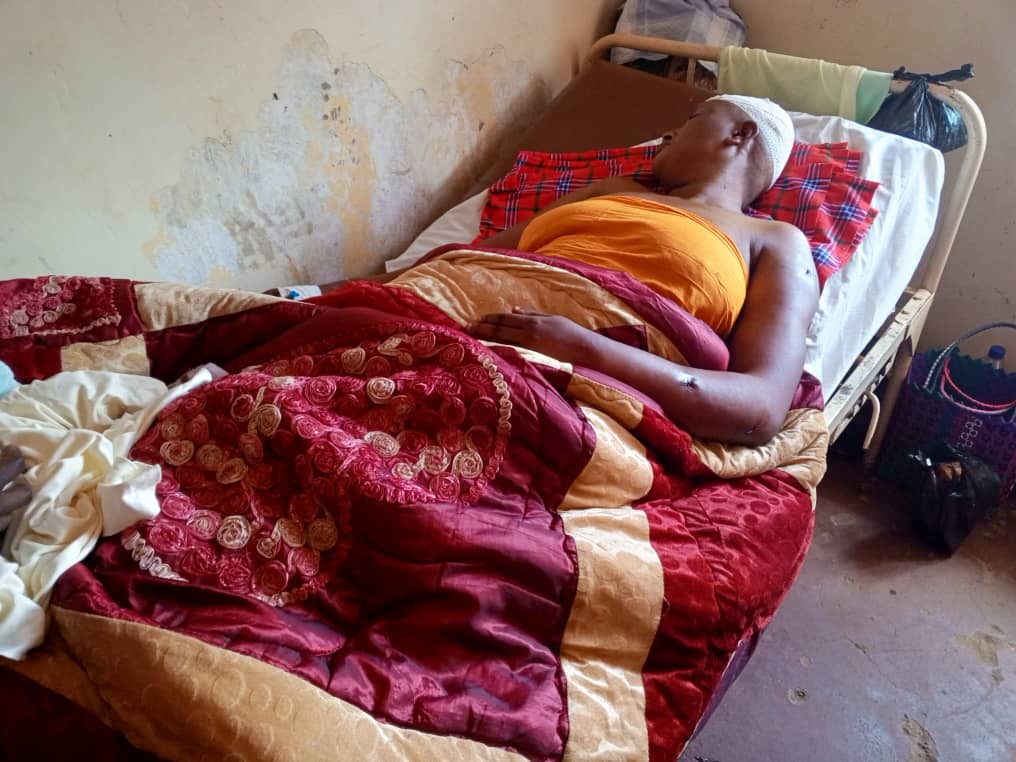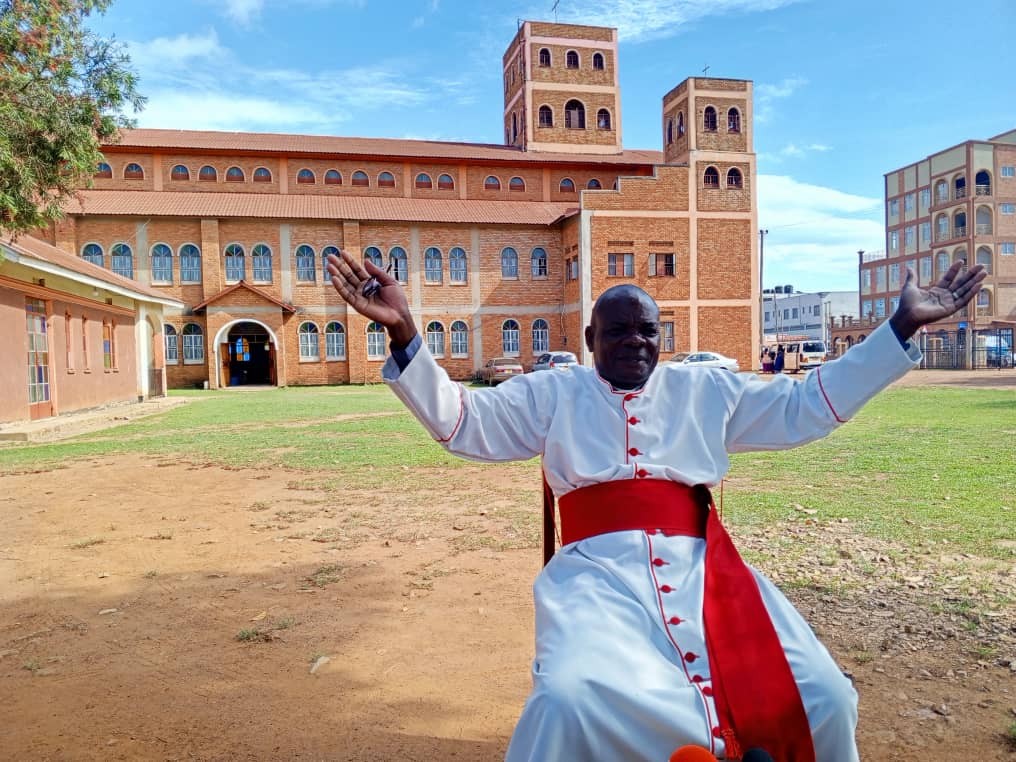Uganda’s education confusion unpacked in new book
By Joachim Buwembo
As Ugandans anxiously wait for the President’s announcement on the fate of the country’s 15 million young people who have been sitting at home since March, a seasoned Education Economist has shed light on what crippled the country’s education system, offering a way forward if our institutions are to start producing more productive and employable learners.
Dr Colin Sentongo’s freshly published Unique Story of an Education Economist is an autobiography that simply sets out to tell his life story. The eminent economist who has worked both for the Uganda government, the United Nations in different countries and is now an international consultant has spent 53 years planning and revamping education systems.
While the book being launched this Friday afternoon at Hotel Africana, has hair-raising incidents of escaping death while fighting corruption and being marooned in the lion-infested wilds of Karamoja in the sixties, Dr Sentongo’s education policy work could not have been presented at a better time than today.
Fifteen million able bodied young people are sitting helplessly, awaiting a presidential announcement that has been promised to come “before” September, with a high possibility that a dead year will be the verdict as happened in Kenya.
Those in nursery baby class and finalists at universities are in the same boat – looking at the parents for food, accommodation and clothing. If 19 years of education has not empowered them to be self reliant, what will?
In The Unique Story of an Education Economist, Ugandans are transported back to the 1967 when Sentongo traversed the length and breadth of the country collecting data and coming up with recommendations that informed policy development that was meant to to make products of our school system competent both intellectually and practically.
After escaping certain death at the hands of his own minister, he escaped from the country and went ahead to provide his expertise in several other developing countries, some of them now doing better than Uganda today.
Fiercely patriotic, Sentongo declined several lucrative offers abroad and could not wait to return home after Yoweri Museveni’s NRA took power. Not that he was entirely uninvolved with that struggle, but he is not keen on details which are not his area of expertise.
Sentongo thus dwells more on the developmental work he did in the education arena, and his rushing back to Kampala to offer his services in revamping Uganda’s education system.
What he found in Kampala is what was expected, but the new atmosphere of liberation made up for the discomforts of working in dilapidated offices. There were surprises of course in the policy mis-implementation, and the defiance to logic. These are the very problems that still persist and are still dogging the country’s education system.
While different donors and lenders have pumped hundred of millions of dollars in research and policy development for Uganda’s education over the past decade or two, here is a Ugandan with possibly all the information government needs to solve the education dilemma.
And he is ready to share it freely.
Uganda indeed is a country of paradox: poor citizens amidst abundant resources, policy confusion with policy experts around.
The Unique Story of an Education Economist should be read by whoever has a connection to any of the fifteen million grounded young Ugandans. Which is about every Ugandan, right?





